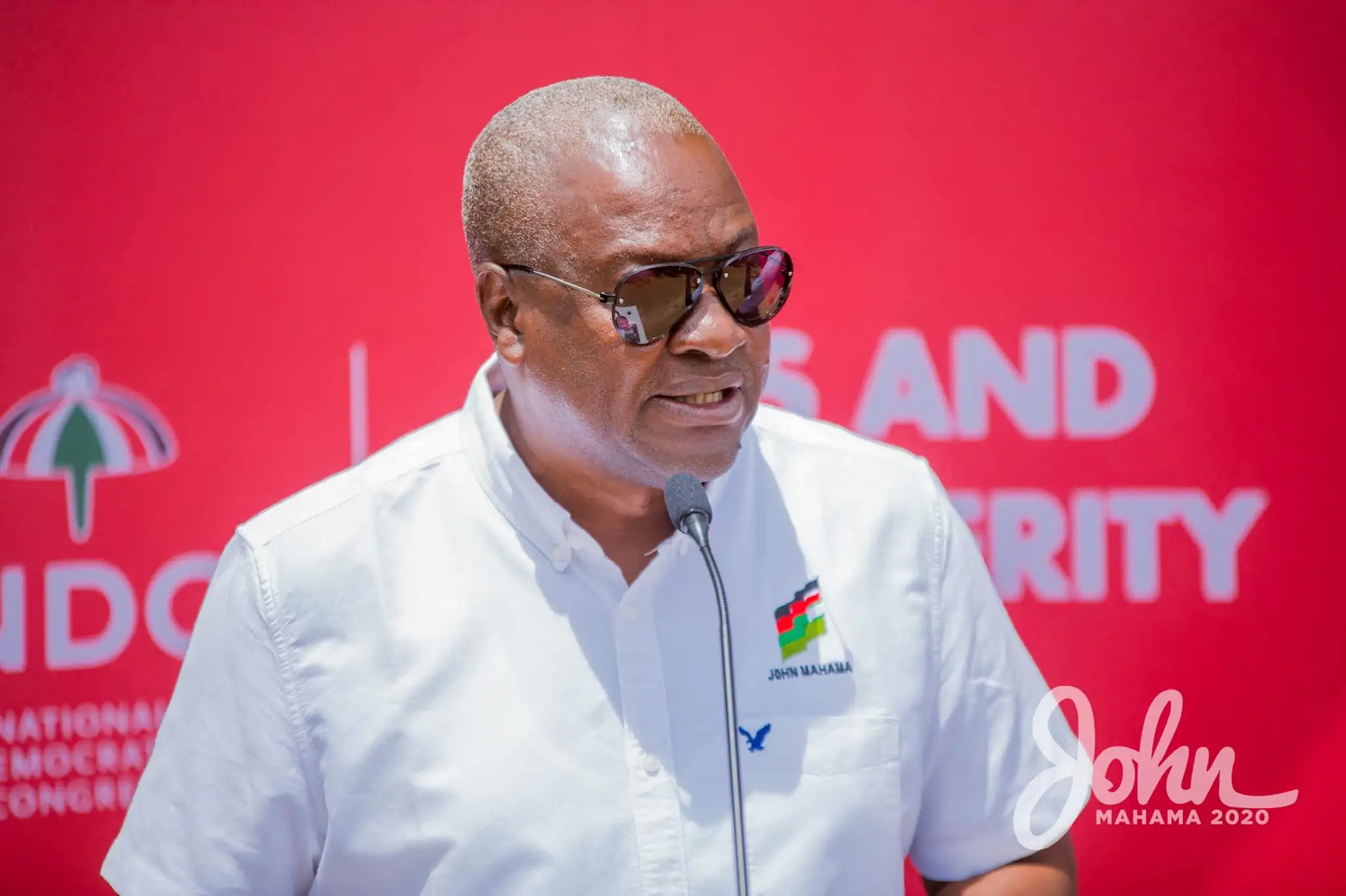
Former President John Mahama has promised to ensure that discotheques and nightclubs operate during the day, leaving players in the tourism industry confused.
This comes amid increasing pressure on the opposition National Democratic Congress (NDC) to clarify the party’s 24-hour economy promise ahead of the December 7 general elections.
Speaking during the party’s manifesto launch in Winneba over the weekend, the former president indicated that the NDC’s 24-hour economy would focus on selected public institutions with significant customer traffic, such as the hospitality industry.
Expanding on this, the former president mentioned that the next NDC government would ensure that discotheques, hotels, and nightclubs operate 24 hours, prompting many to question how clubbing during the day will boost the economy.
Some have also questioned whether the former president is prioritizing societal values and public morality, given his proposal for 24/7 clubbing, drinking, and dancing.
Already, some people in the tourism industry, including hoteliers and nightclub operators, are confused about the promise and are asking the NDC to further explain how nightclubs operating during the day will address the challenges in the tourism sector.
For instance, some people in the nightclub industry have wondered how a 24-hour economy, which is intended to ensure that businesses operate continuously both day and night, would benefit an industry that has traditionally carved out a niche as a nighttime business.
Some hoteliers have also pointed out that almost all hotels in the country already operate 24-hour services, demanding further clarification on how an industry that already operates 24 hours would benefit from the NDC’s program.
Meanwhile, some Ghanaians have also questioned Mr. Mahama’s promise to construct a fertility center in Accra, questioning the rationale behind the promise.
Considering that Ghana’s current population is over 30 million, with a projected figure of 38 million by 2029, some Ghanaians are asking why the state would be interested in encouraging more births instead of implementing measures to control the country’s rising population, amid growing scarcity of resources.

